Hi my dears steemians!
I’m come back! After to take a break, meditation, and repose… I have been looking for the way of inspiration (which is not always easy to get) I had a mental block from which it has been difficult for me to leave. I had to face it with more fitness, negative comments (of those comments that make you lift), with studies, delicious food (not always healthy), and the most important walk a lot and love… I'm still looking a rutin to leave of those mental blocks that always attack us, but I understand that for me the best is the exercise..
This time I come back with more fitness, wellness and appropriate execution techniques of movement patterns to care our body specially our joints.
During training, the ideal is to perform an exercise (or movement pattern) with the best technique and depending on what we want to achieve with our routine we must control or not the speed of execution ... It is not the same to work in order to improve the agility to train to get hypertrophy, are techniques, patterns, and even different joint ranges.
For that reason, today I want to talk you about one of the exercises most prescribed by all coaches, and is also one of the most displayed in social networks: The squat. .
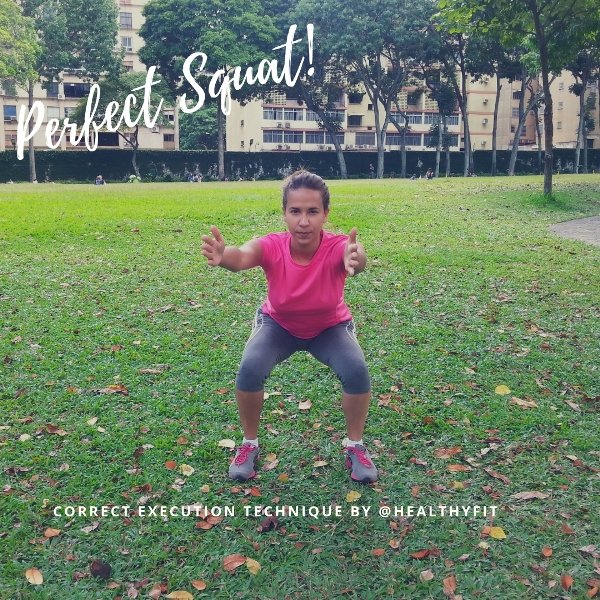




.jpg)
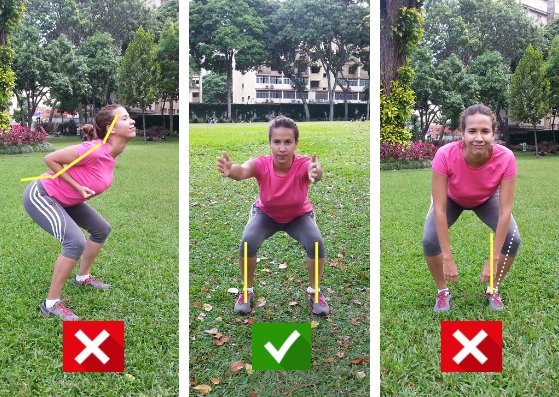.jpg)

Tell me, do you have difficulty doing squats? Do you have pains that are not muscular?
All the photos are of my property, taken with my cell phone and with the hand of @robinsonlgil
Here is the link of the @Cervantes server in Discord

Click here
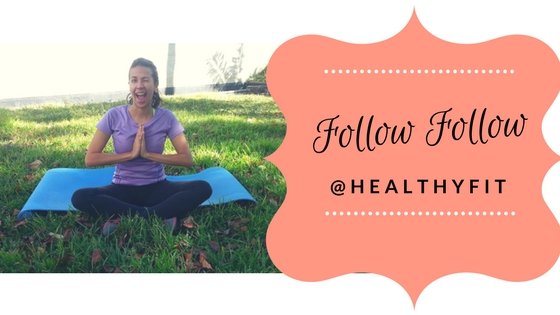.jpg)

Social networks show us endless ways to perform a squat, but the truth there are only form to do it and the rest are variations. The main thing is to know how to do it and then you can perform a burpee or a squat with jump (here I leave the images), with these variations we increase the intensity of the exercise.
For those who know me and have followed the trajectory of my posts and the podcasts that I give on the discord server of @Cervantes (I leave the link at the end) know that I like everything on a foundation, so I do all the certifications and courses possible or I simply dedicate myself to learning from verified sources. For this is not the exception ... We must train with base, knowing what we do and what it is for, all this is explained by different areas of health, sport, biomechanics and anatomy.

Now... Let's go into matter
Motion plans:
When we talk about planes of movement, we basically refer to how we move in the environment. The movement of the human being is allowed thanks to the locomotor apparatus, where the muscles are the active element, the bones the passive element, and in essence the joints and the muscular contractions are what allows to make the movement. It is for this reason that we have specific movements.
There are 3 planes: Sagittal, frontal and transversal.
In this case we are interested in the sagittal plane, because it is in this plane where the squat is executed (it really is multi-plane but this is the dominant plane). The sagittal plane divides the body into two halves called right and left and the movements it allows are in general flexion and extension (quite interesting when it comes to scheduling workouts, do not you think?) (quite interesting when it comes to scheduling workouts, do not you think?
The squats are movement patterns executed by several joints and muscle groups, for this reason they are so beneficial and can be worked and adapted for different purposes.

Articular movements
Hip flexion:
As I mention before, the squat is essentially a flexion of several joints. We have then, hip flexion/extension and knee flexion / extension.
The hip joint is formed by the head of the femur and acetabulum of the pelvis. It is of the synovial join, that is, it allows 3 types of movement: flexion and extension, adduction and abduction, rotation and circumduction.
Flexion consists in bringing the lower limb as close as possible to the trunk (this amplitude varies when the knee is extended or flexed).
Now that we know all this, let's apply the correct technique...

Execution technique
Before talking about the right technique, let me tell you something...
Personally I've always had some degree of limitation thanks to the column (for several issues) and since I was young it was always difficult for me to perform certain activities and this exercise is not an exception (in fact I hated it). When I started to get deeper into this world, I had to face "how to do it correctly" and I'm really proud to say that I learned it very quickly, but I immediately saw that it's not just a movement that makes the lower train, the lumbar and cervical play a fundamental role, if you do not manage to execute it well without weight imagine what you would do to your column if you do it with weight...
Thanks to the possibility of taking courses, certifications and expanding my studies with various verified sources I have been able to know which is the safest way to do this exercise, for this I come today to show you that we will use an external tool that will allow us to maintain the correct postural alignment. This tool is only a guide while we get used to it.
First, before executing it, we need remember the following:
- The knee should not exceed the tip of the foot.
- The knees should be spaced shoulder width apart (in some cases a little more, depending on the opening of the lower extremity).
- The feet must be completely supported to the floor.
- The vertebral column must maintain its natural curvature (lordosis and kyphosis), without exaggerating any of them.
Steps to make a correct execution of a squat:
- Step 1: Starting from the sport position (image 1) and with the help of a stick (whatever it is) in a comfortable place, you will take the stick with one hand and position them at the level of the occipital part of the skull, it should be located along the back until you reach the line interglutea.

- Step 2: Then perform the normal squat, where you must flex the hips and knees. If the stick is detached from your back is that you do not have an adequate technique and you must position the stick in such a way that it have the most contact with your body.
.jpg)
- Setp 3: It is important to keep the shoulders back (activating the shoulder girdle) and the knees should not look inward or outward. The position of the head must be taken care of. In this way we will avoid future injuries in knees, cervical and lumbar.
.jpg)
Remember that the importance of this exercise is the activation of several muscle groups, both the hip flexors and the extensors (which allow the body to straighten again and return to its initial position, because hip flexion is an unstable position for the pelvis). We work many muscles not only quadriceps, femoral muscles and GLUTES ... Also are psoas iliac, sartorius, semitendinous, tensor fasciae latae, gluteus maximus, gluteus medius and minor, etc.
For this and many reasons, do not forget to include the squats in your training routines, they serve to hold strength, tonicity, hypertrophy, work intervals of high intensity, etc.
As I always say if you have some type of injury that does not allow you to perform this pattern (whether due to knee, lumbar, cervical, or pelvic problems) do not forget to go to the specialist doctor and, if necessary, do your rehabilitation, because the risk of getting worse it is quite high, from muscular injuries (for a compensation) or ligamentous, etc.


Kisses!
.jpg)
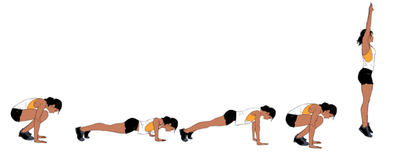
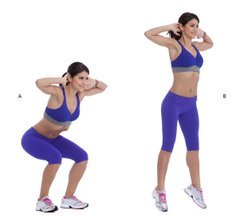
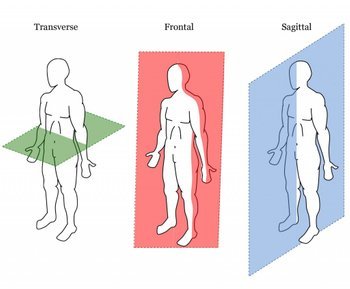

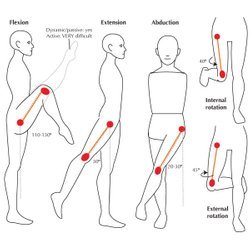
Great you know how to squat, this challenge perfect for you here thanks
Thanks for read me :D
Good challenge
are you joining the challenge?